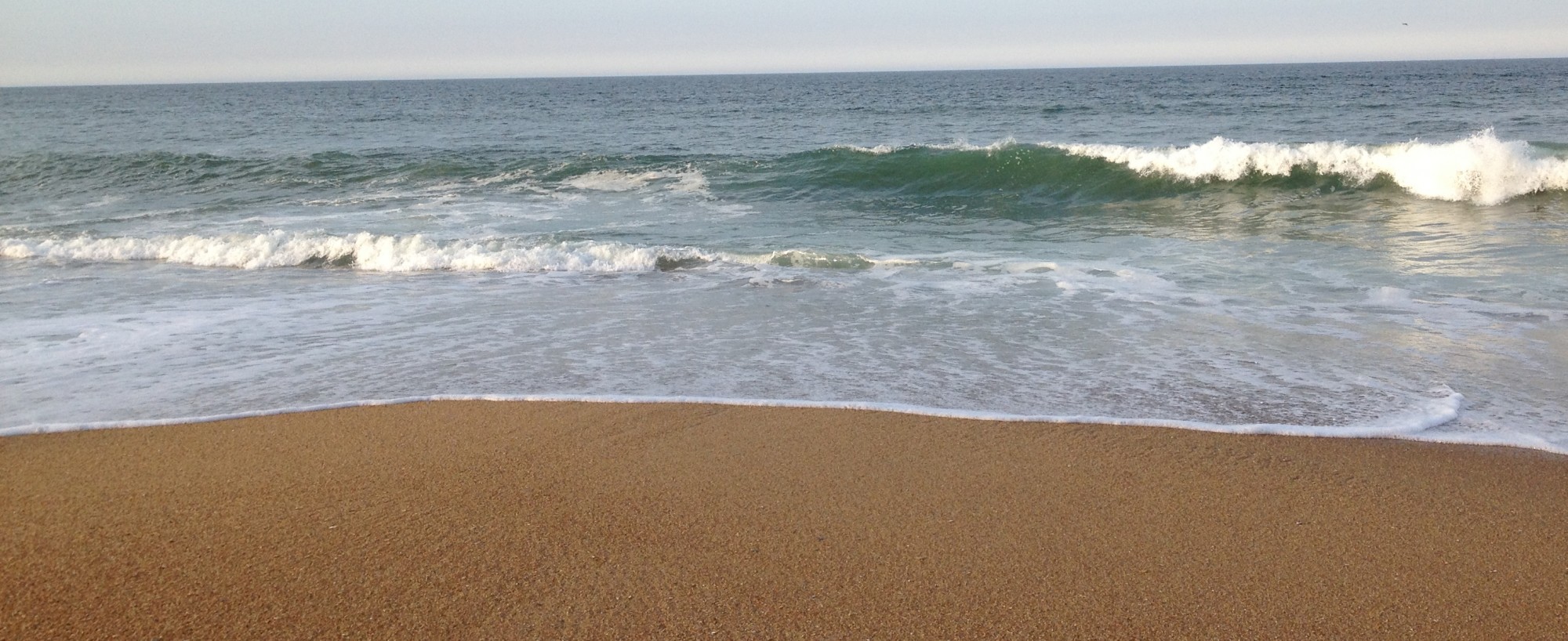Eating the Whale
Last week in class we discussed the chapter in which Stubb ate whale for dinner. When I first read this, I too thought that it was a bit much for him to be eating a whale, but after refelecting on it further it didn’t seem as inhumane to me. I think it is a hard situation for us to judge with 21st century glasses on. Now a days whales are seen as such majestic creatures that people go on trips in order to marvel at, not hunt. So, while thinking about someone eating a whale from our perspective seems horrifying, from the perspective of years ago (when whales were hunted) eating one doesn’t seem too harsh. From a different angle, the sailors are killing the whales anyway, so in this sense eating the remains of the whale, as opposed to just letting them rot seems more humane (so that the whales are not sacrificed just for their spermaceti and blubber). And especially after reading further along in the book I think that the eating of the whale is one of the less gory things that has been described.

I think you make a good point about how modern audiences may perceive the consumption of whale as a deplorable act. Because whales are what is referred to as charismatic megafauna (large animal species with widespread popular appeal that environmental activists use to achieve environmentalist goals) we condemn anyone who choses to eat them. However, if we were living in Melville’s time, eating whale meat might have been justified; though, I don’t think this act was all too common because Stubb is the only one on the ship who dines on the whale; all the other whalemen do not. Hence, I think we can justifiably conclude that eating whale meat was rare, even in the nineteenth century and Stubb serves as an aberration from the norm.